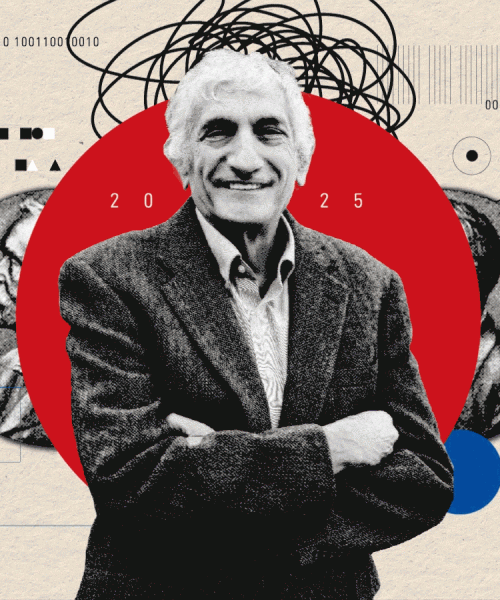
Your muscles, fat and other cells respond differently to exercise depending on the time of day
Panoramic Images/Alamy
Usain Bolt smashed the 100-metre sprint record at the 2009 World Championships in Athletics in Berlin in a floodlit stadium under an inky night sky.
This article is part of a series on fitness that answers eight questions about exercise and its influence on our bodies and minds. Read more here.
This was no coincidence: when it comes to sporting prowess, timing matters. For activities relying on sheer muscle power and endurance, evening or late afternoon are when most world records have been set, probably due to assistance from peaks in the daily rhythms of a number of the body’s key physiological outputs.
But what about everyday exercisers? Is there an optimal time of day, or month, to get the most out of workouts and reduce the risk of injury?
“Whichever aspect of sport you look at – whether it’s sports medicine or exercise response – time of day matters,” says Qing-Jun Meng at the University of Manchester, UK. Later afternoon or evening is when our body temperature peaks, resulting in faster metabolic reactions and nerve signal transmission compared with the early morning. Connective tissue is also more flexible in the afternoon, while our reserves of glycogen – the biochemical energy source our muscles draw on …





